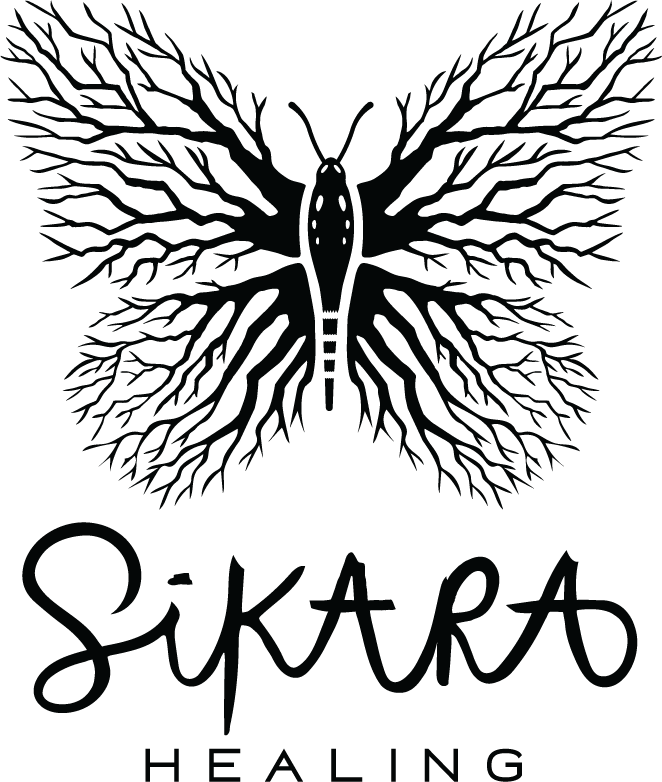What is Reiki?
Reiki is a form of alternative therapy that originated in Japan in the early 20th century. The word Reiki is derived from the Japanese words “rei,” meaning universal or spiritual, and “ki,” meaning life force energy.
The practice of Reiki involves the use of hands to channel energy into the body, with the goal of promoting healing and relaxation. A Reiki practitioner will typically place their hands on or near the client’s body in a series of hand positions, with the intention of balancing and restoring the flow of energy throughout the body.
Reiki is based on the idea that the human body has an energy field that can become blocked or imbalanced, leading to physical, emotional, or spiritual issues. By channeling energy into the body, Reiki is believed to help clear these blockages and promote healing on multiple levels.
Reiki is generally considered safe and non-invasive, and can be used in conjunction with other medical or therapeutic treatments. While scientific evidence of Reiki’s effectiveness is limited, many people who have tried it report feeling more relaxed and less stressed after a session.
Hospitals and Medical Centers are Embracing Energy Medicine.
I can tell you that some hospitals and medical centers in the United States are embracing energy medicine, which is a form of alternative therapy that aims to balance the body’s energy fields to promote healing.
Energy medicine encompasses a variety of practices, including Reiki, acupuncture, and therapeutic touch. While there is limited scientific evidence to support the effectiveness of these therapies, some hospitals have integrated them into their integrative medicine programs as a complementary therapy.
For example, in 2018, the University of Vermont Medical Center opened an integrative medicine center that offers energy medicine and other complementary therapies to patients. The center’s director stated that the goal is to offer patients a range of treatment options and empower them to take an active role in their own health.
Other hospitals and medical centers across the country have also embraced energy medicine as part of their integrative medicine programs. However, the use of these therapies remains controversial, with some healthcare providers expressing concerns about the lack of scientific evidence to support their effectiveness.
Overall, while some hospitals are embracing energy medicine as a complementary therapy, the scientific evidence supporting these practices remains limited, and their use should be evaluated on a case-by-case basis. It is important for patients to discuss any complementary therapies with their healthcare providers and to seek evidence-based treatments when necessary.
Even Forbes is talking about Reiki!
Reiki is becoming so widely accepted that Forbes, a well-known American business magazine, has covered Reiki in various articles. In general, their coverage has been balanced and informative, presenting Reiki as an alternative therapy that is becoming increasingly popular in the United States.
For example, in a 2019 article titled “Reiki: What It Is, How It Works, And What Science Says About Its Effectiveness,” Forbes explains the basic principles of Reiki and the potential benefits it may offer. The article also acknowledges that while there is limited scientific evidence to support Reiki’s effectiveness, many people who have tried it report feeling better after a session.
Another Forbes article from 2018, titled “The Surprising Benefits Of Reiki For Stress, Anxiety And Depression,” presents Reiki as a complementary therapy that may help alleviate symptoms of these common mental health issues. The article cites studies that suggest Reiki can reduce stress and anxiety levels and improve overall wellbeing.
Overall, Forbes presents Reiki as a practice that is gaining mainstream acceptance and may have potential benefits for those who are open to trying it.
One of the main benefits is Stress Reduction
Research has shown that chronic stress can have negative effects on both physical and mental health, including an increased risk of cardiovascular disease, diabetes, depression, and other health problems. Chronic stress can also lead to changes in the body’s immune system, which can make a person more vulnerable to infections and other illnesses.
While stress is not the sole cause of all diseases, it can be a contributing factor in many cases.
Medical research estimates as much as 90 percent of illness and disease is stress-related. Stress can interfere with your physical functioning and bodily processes.
https://nasdonline.org/1445/d001245/stress-management-for-the-health-of-it.html
Stress can exacerbate symptoms of conditions like irritable bowel syndrome (IBS), asthma, and chronic pain. It can also increase the risk of developing certain diseases, such as hypertension, cardiovascular disease, and depression.
It is important to note that the relationship between stress and disease is complex and can vary depending on individual factors such as genetics, lifestyle, and other environmental factors. While managing stress is an important aspect of maintaining good physical and mental health, it is not a guarantee against developing disease. It is important to adopt a holistic approach to health that includes stress management as well as other lifestyle factors such as regular exercise, healthy eating, and adequate sleep.
I invite you to Book your Appointment and get started on your journey to uncover the essence of your soul.

